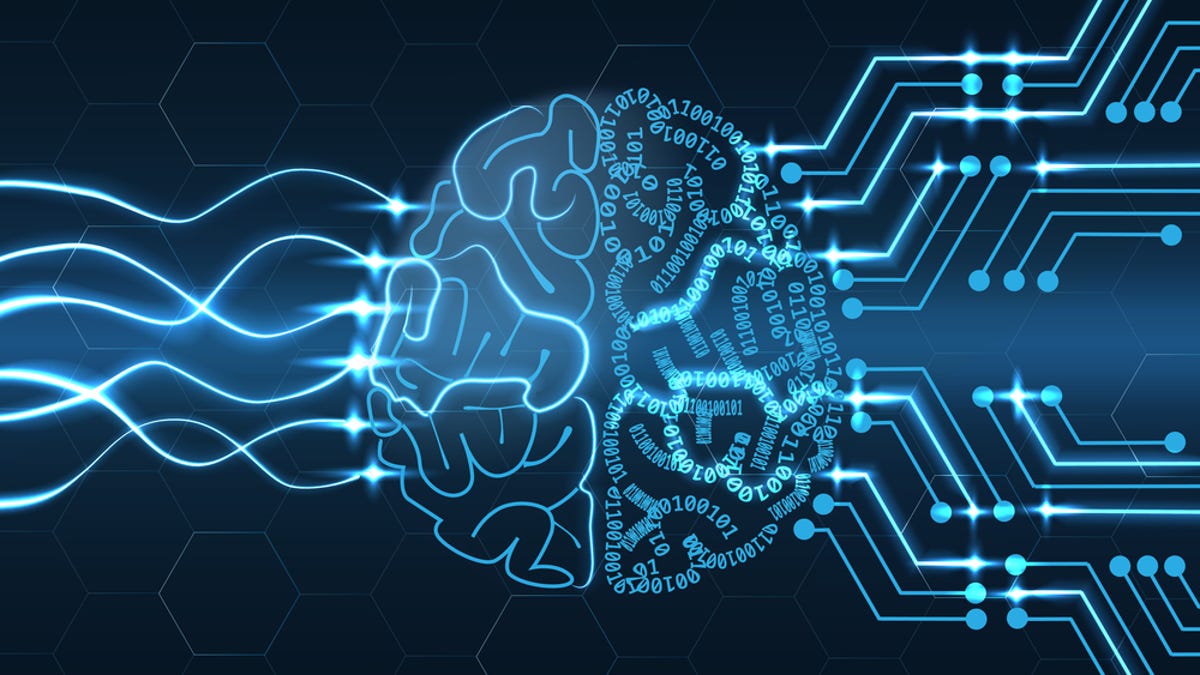Deep learning
Deep learning
Deep learning is a type of machine learning that involves the use of algorithms called artificial neural networks to learn from data. Unlike traditional machine learning algorithms, which are designed to learn from a limited set of features, deep learning algorithms can learn from a vast amount of data and discover hidden patterns and relationships in the data.
One of the key advantages of deep learning is that it allows algorithms to learn from data in a way that is similar to the way humans learn. Just as a child learns to recognize objects by seeing many examples of those objects, a deep learning algorithm can learn to recognize objects by analyzing a large dataset of images.
There are several different types of deep learning algorithms, including convolutional neural networks, recurrent neural networks, and generative adversarial networks. Convolutional neural networks are commonly used for image recognition, while recurrent neural networks are often used for natural language processing. Generative adversarial networks are a type of deep learning algorithm that can generate new data, such as images or text.
Deep learning algorithms are typically trained on large datasets, often using specialized hardware such as graphics processing units (GPUs) to accelerate the learning process. The size and complexity of these algorithms require significant computational power, which has led to the development of specialized hardware and software tools for deep learning.
One of the key challenges of deep learning is that it can be difficult to understand how the algorithms make decisions. Unlike traditional machine learning algorithms, which are based on simple mathematical models, deep learning algorithms are based on complex neural networks that are difficult to interpret. This has raised concerns about the potential for bias and ethical issues in deep learning.
Despite these challenges, deep learning has achieved remarkable success in a wide range of applications, from image recognition and natural language processing to self-driving cars and medical diagnosis. As the field of deep learning continues to evolve, it is likely that it will continue to have a significant impact on a wide range of industries and applications.





Comments
Post a Comment
If you have any doubts. Please let me know.